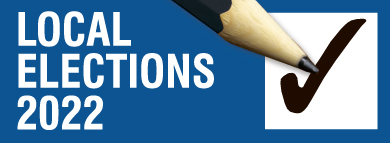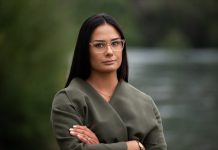Local body election voting closes at noon on Saturday and with local government facing several changes and challenges, The Newsis putting questions to candidates to help our readers gain insight into the people hoping to represent them. This week we conclude with candidates vying for a seat to represent the Dunstan constituency on the Otago Regional Council. We asked candidates three questions:
1. Why are you standing for the Otago Regional Council?
2. Water quality, particularly within our lakes and rivers is a hot topic at the moment — what do you see to be the solution?
3. What do you see as the key issue facing the Dunstan constituency?
OTAGO DISTRICT COUNCIL DUNSTAN CONSTITUENCY CANDIDATES
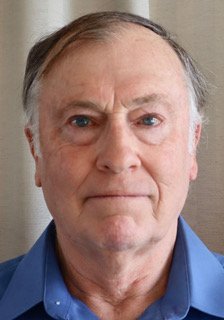
Mike Barker
1. Frustration with the performance of the ORC. The ORC needs a change in focus and a change in council membership. It cannot continue to allow internal squabbles between councillors to delay important decisions on environmental planning such as implementation of the national policy statement on fresh water management. As a scientist I believe I have important skills that will help council discussion and debate on the many environmental issues facing Otago.
2. Gaining better knowledge of the scale and nature of the problem. See my answer to Q3.
3. Poor understanding of environmental degradation of our lakes, rivers and streams. While we know that the chemistry and ‘‘biology’’ of our lakes and rivers is changing, we don’t know exactly what has changed, and by how much, because the ORC has done almost no environmental monitoring. The ORC has very recently announced that a single environmental monitoring buoy will be installed in lakes Wanaka and Wakatipu. However multiple buoys in each lake are needed along with detailed monitoring at sites in Otago’s major rivers.
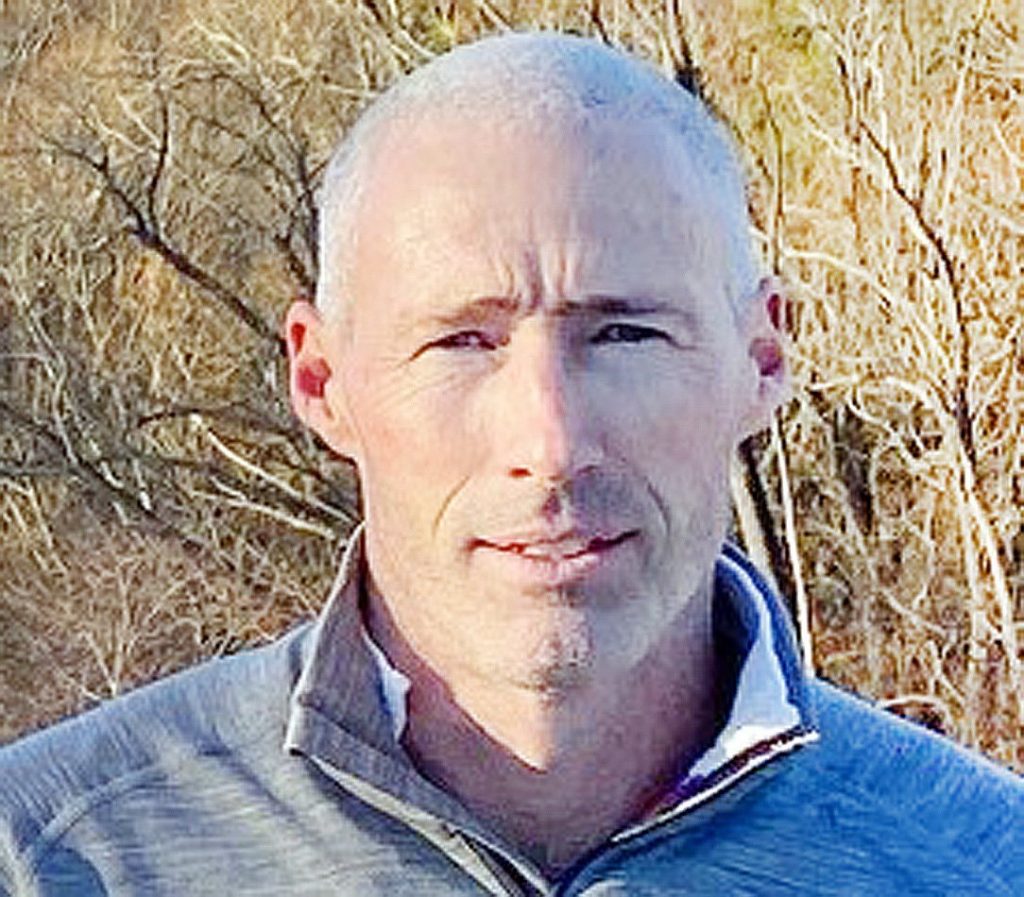
Gary Kelliher
1. I believe it’s important to play a part in my community. The ORC is responsible for issues within Otago that have a big impact on our regions and with my background and experience I feel this is where I can contribute.
2. Water quality is mostly very good across Otago, with a small number of spots within certain rivers that aren’t so good. These are monitored and catchment community will is improving and resolving these issues. Waterway fencing and riparian planting in some specific areas is improving water quality already.
3. Resolving the minimum flows and allocation debacle that has had catchments locked up in dispute, lengthy legal processes and refusal from groups and council to see reason in considering what protects the environment but also retains local economy. Certainty is needed with long term consents so within catchments multi generational infrastructure and commitment to environmental enhancements can be provided for.
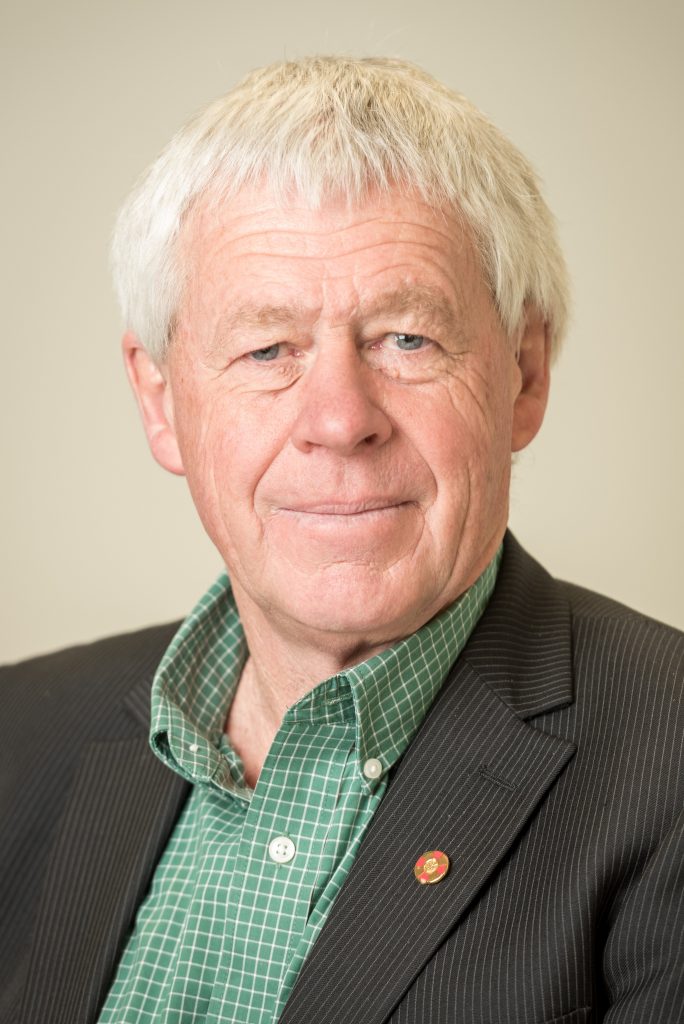
Tony Lepper
1. I would like to use my skills and experience to help restore the public’s confidence in the Otago Regional Council. Constant headlines of in›fighting, staff discontent and resignations coupled with huge rates increases have not been a good look and something needs to change. I am totally committed to making a difference to the current negative appearance of the existing Council.
2. Water quality is an ongoing issue that needs to be addressed based on quality data and scientific advice. Previous Councils have been negligent in the collection of this data, but some progress is now being made. It worries me that they are concentrating on the health of our lakes as it is too late once a problem is detected in these. Surely water quality needs to be addressed before the water arrives in a lake.
3. Selecting a new chief executive is the No 1 issue for the incoming council. It is essential that all avenues are explored to find the right person. I hear that the existing council has agreed to a truncated process and if this is the case it is extremely disappointing. Experience has taught me that the right CEO working with the right councillors can turn the performance of the council around in a blink.
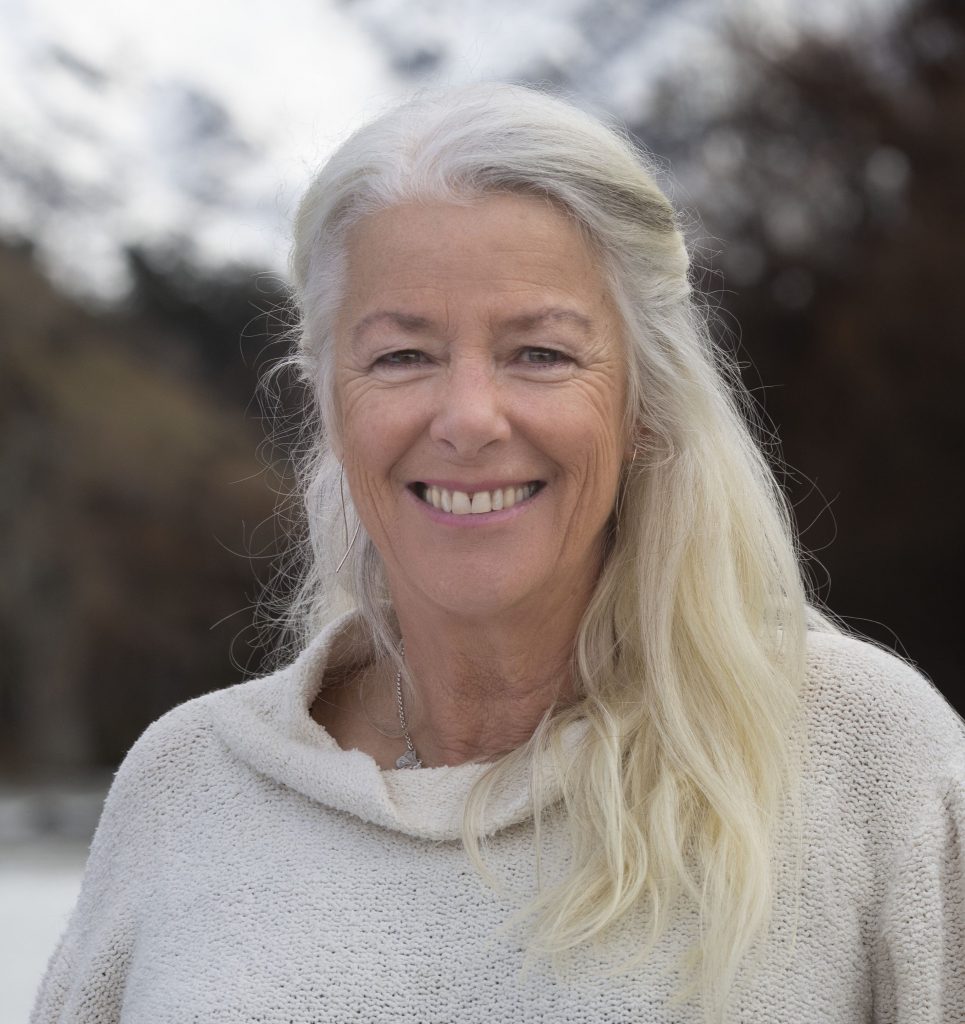
Alexa Forbes
1. My concern and areas of expertise are around climate change, sustainability and our general overuse of natural resources. While we have rules handed down from central government to manage these resources, they are still declining in quality and quantity. I stand to change this balance towards environmental restoration and resulting more sustainable communities.
2. There will be no one simple solution. We can only move forward with the tools we have. Water is managed in a complex system of governance with public, private and iwi concerns and national mandates. Currently much of our economy is reliant on consistent water supply. The issues are large and systemic. We have a framework to follow. I want us to get on with it, although moving towards solutions may mean major changes.
3. Water quality and quantity. Any management regime will have impacts on both the local economy and on our ecological ecosystems. In my view, if water health is prioritised, ecosystems will flourish and only then can strong, sustainable economies be built. But they will look different to what we rely on today.
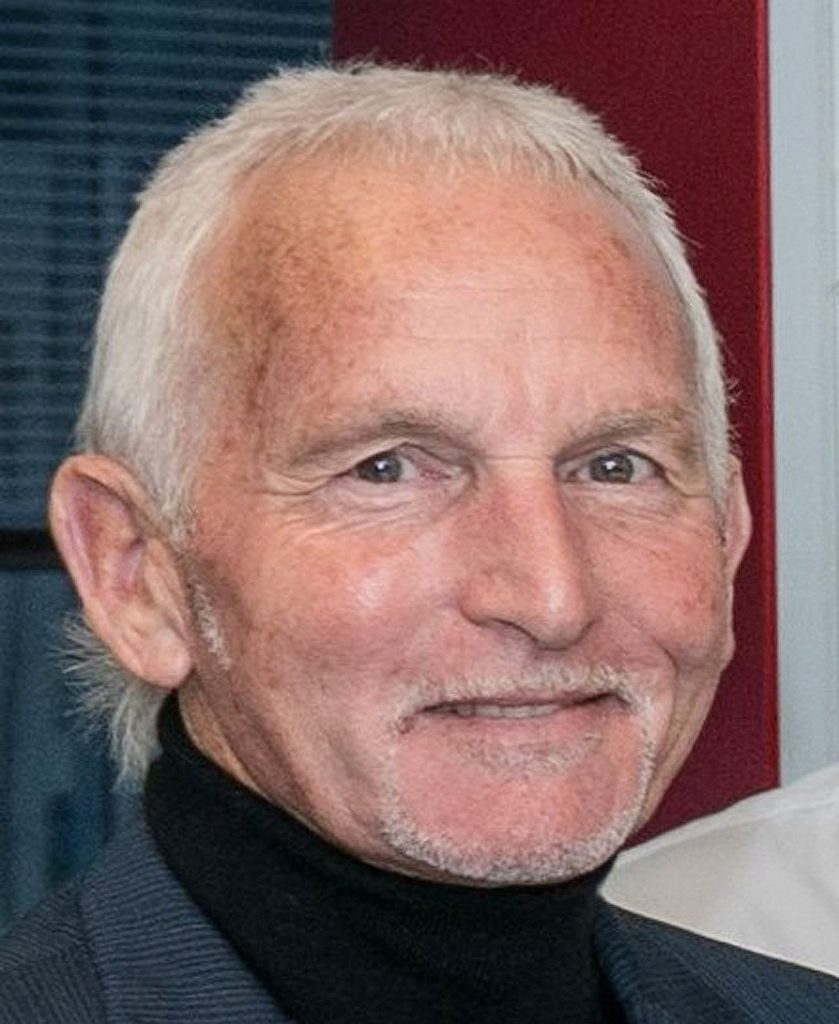
Michael Laws
1. To improve Otago’s environment, initiate policies and programmes that work, and be a fearless advocate for our region and its needs and aspirations.
2. I’ve successfully initiated an Otago Lakes Strategy that will assess each lake and its health, and then the aim is to initiate programmes that remediate or enhance those lakes. I also successfully lobbied that the funding for the Lakes Strategy be put into the ORC’s long-term plan.
3. Really it’s about representation & advocacy. There’s unanimity or near enough on what we need to do: it’s getting the resources to do it.

